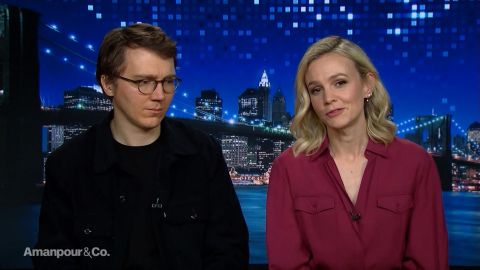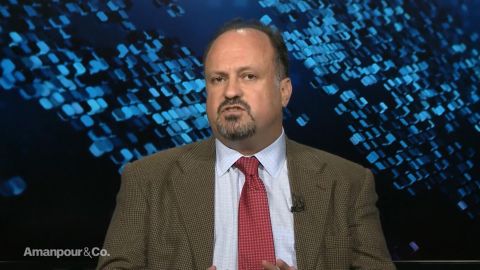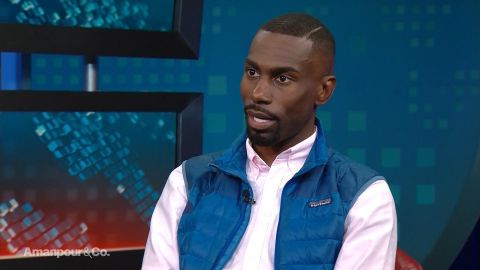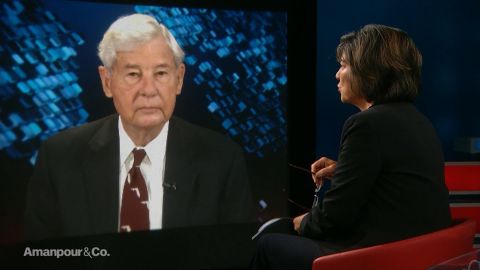Read Transcript EXPAND
BERNARD HAYKEL: Yes, absolutely. And Jamal was not an extremist, he was not a member of Al-Qaeda, he was not — you know, he was against (INAUDIBLE) or Isis. But he was an Islamist. And when he came to Princeton he asked whether it was possible for him to return to Saudi Arabia as an adviser. And the system saw him as a dissident, and you had asked me initially —
CHRISTIANE AMANPOUR: Yes.
HAYKEL: — how the system viewed him. They saw him as a dissident, they saw him as working for an organization that was aiming to topple the Saudi royal family, that is the Muslim Brotherhood was. And therefore, there was no place for him in the system.
AMANPOUR: So, tell —
HAYKEL: That he had looked for patronage elsewhere. And you’ll see that he never criticized Qatar or everyone in Turkey, ever.
AMANPOUR: I mean, as you say, one system locked him up. He was trying to get patronage from another system. The question though is just really profound, I think, because he was always so in with the royal family. You know, they let him set up a news organization in Bahrain before that collapse. You know, if he was a real radical Islamist Muslim Brotherhood, I assume they wouldn’t have let him do that. He was an adviser to Prince Turki, the former intelligence minister, when he was ambassador in the U.K. and in the United States. I guess, I’m trying to figure out what’s changed and do you think that Crown Prince, Mohammed bin Salman, represents a different form of leadership in Saudi Arabia? But all intense and purposes, he is the power behind the throne. How would you evaluate and describe what he’s —
HAYKEL: Well —
AMANPOUR: — what he’s been doing?
HAYKEL: Well, let me explain to you first, you know, the Saudi monarchy was a place of asylum for Muslim brothers from the 1950s and ’60 onwards. And many Muslim brothers work with the Saudis and, in fact, worked with the United States in the fight against communism. Mohammed bin Salman has decided that that relationship with the Islamists, not Jihadi’s Islamists but just moderate mainstream Islamists, is unacceptable because these moderate mainstream Islamists have a political agenda, which is revolutionary ultimately. So, he has separated himself from the Islamists. You can see that Mohammed bin Salman is clamping down on Islamist inside the kingdom. He wants to get rid of their influence, and that’s why Jamal could find no patronage —
AMANPOUR: Right.
HAYKEL: — inside Saudi Arabia.
AMANPOUR: So, what do you think then? Because, you know, people have seen him as a reformer, as I described, you know, he’s been all over the place in the United States and all over Britain and everywhere, you know, with this reform agenda.
HAYKEL: Yes.
AMANPOUR: What is going to —
HAYKEL: Yes.
AMANPOUR: How severe a backlash and how bad is this for his efforts and how bad is this for U.S.-Saudi relations and what should the U.S. do?
About This Episode EXPAND
Christiane Amanpour speaks with former U.S. Senator Bob Graham about Saudi Arabia and Princeton Professor Bernard Haykel about U.S.-Saudi relations. Alicia Menedez speaks with activist and author DeRay Mckesson. Christiane Amanpour interviews Paul Dano and Carey Mulligan about the film “Wildlife.”
LEARN MORE



